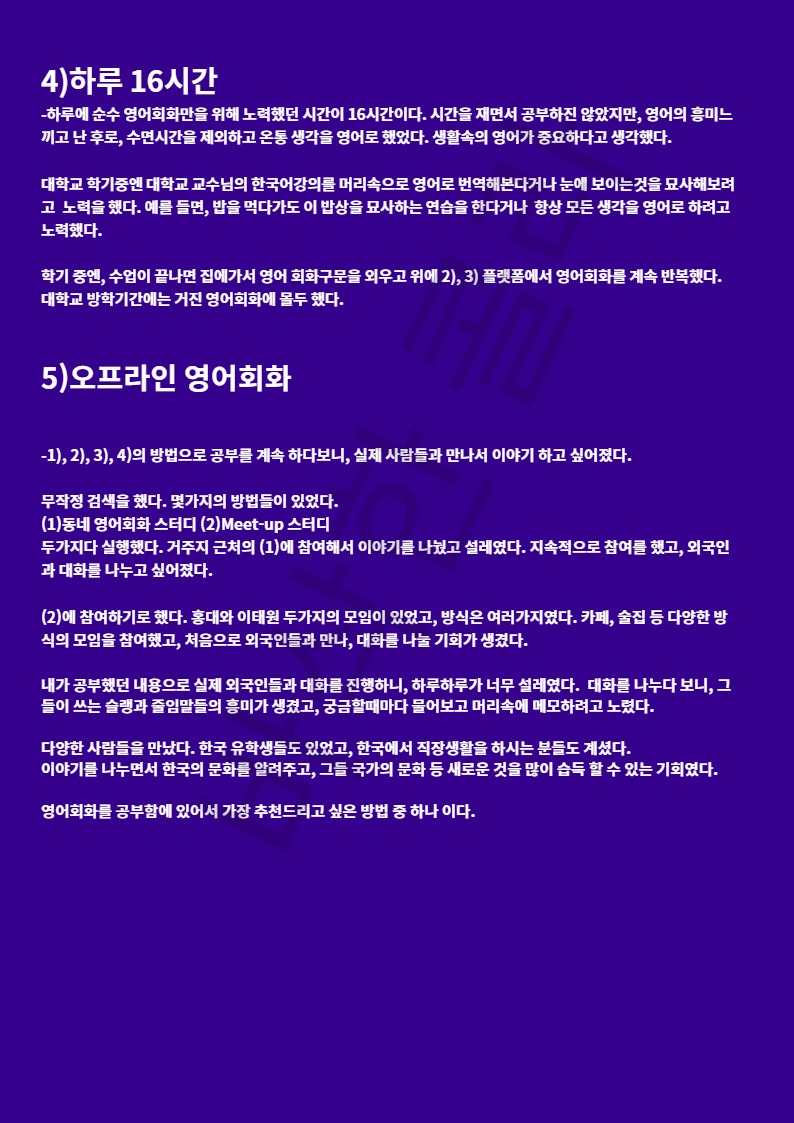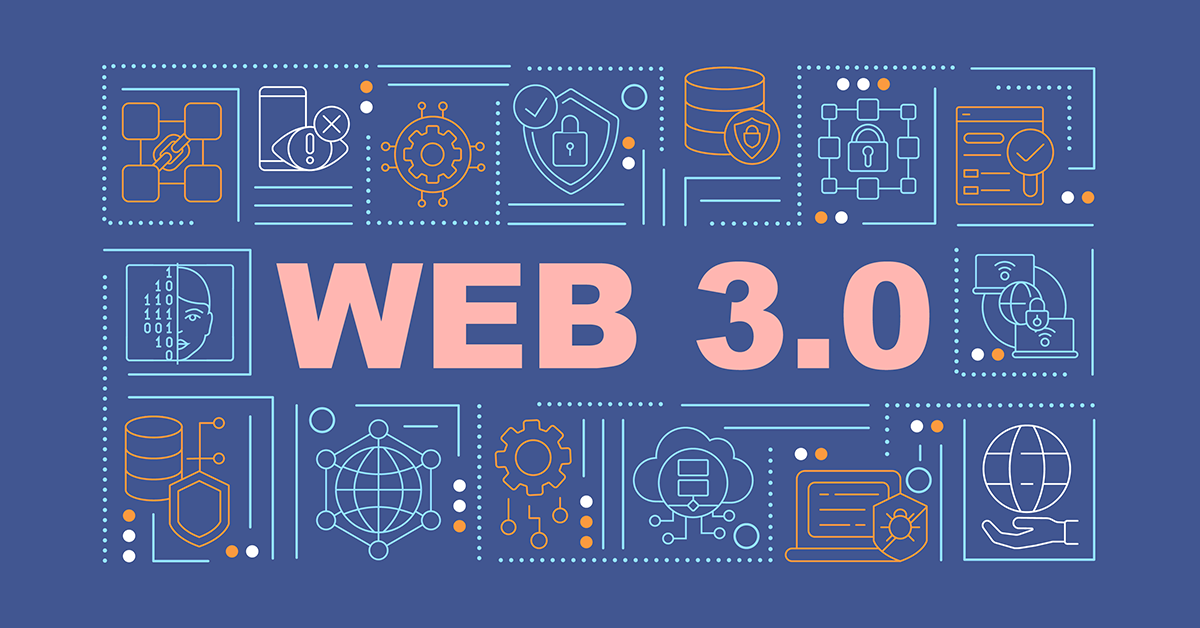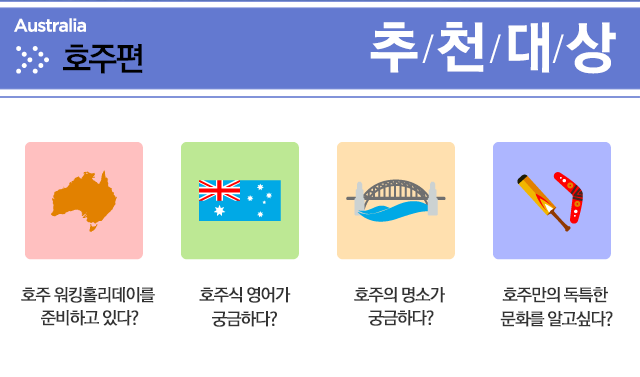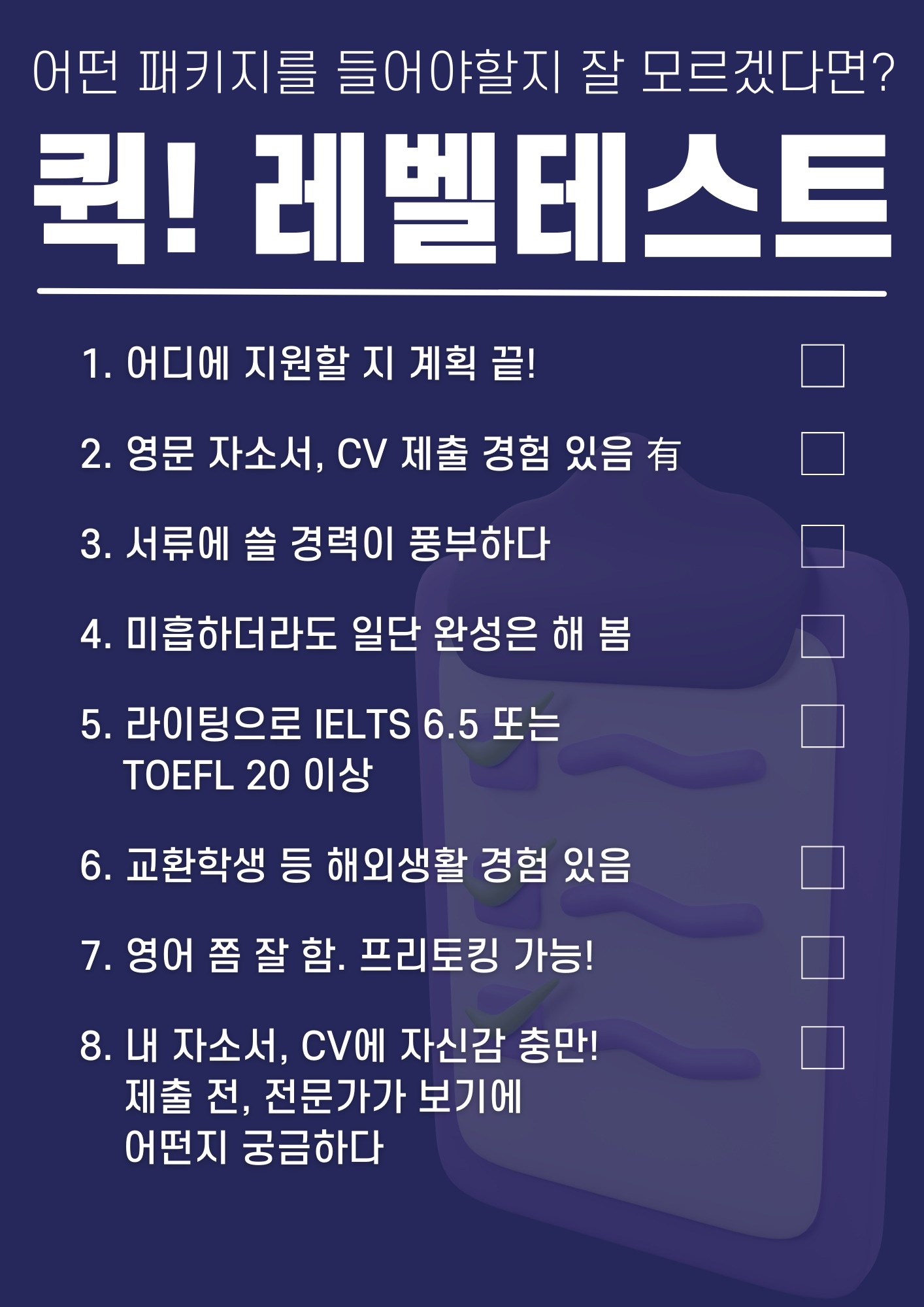궁금하다 영어
영어를 학습하는 과정에서는 궁금증이 많이 발생하게 됩니다. 올바른 학습 방법을 찾거나, 원어민과 함께 대화하는 법을 배우고자 하는 것처럼 다양한 의문과 궁금증을 가지게 되죠. 이번 글에서는 영어 공부의 다양한 분야에서 발생할 수 있는 궁금증에 대해 자세히 살펴보겠습니다.
1. 영어 공부를 시작하는 방법은 무엇인가요?
영어를 처음 공부하려는 분들에게 가장 중요한 것은 기초부터 탄탄하게 쌓는 것입니다. 매일 조금씩이라도 영어를 공부하면서 어휘나 문법 등에 친숙해지고, 반복 학습을 통해 단어나 구문을 기억하는 것이 필요합니다.
또한 적극적인 수업 참여와 독서, 듣기 연습 등을 통해 자신의 언어 실력을 향상시키는 것이 중요합니다. 그리고 문법부터 시작하는 것보다는 필요한 회화 능력을 먼저 학습하는 것이 좋습니다.
2. 영어 회화를 위한 유용한 학습 자료는 무엇인가요?
영어 회화를 연습하기 위해 수많은 학습 자료가 있습니다. 먼저 영어 대화책이나 영어회화를 위한 영상, 라디오 방송 등을 활용하는 것이 좋습니다. 이를 통해 새로운 단어와 표현을 배울 수 있으며, 자연스럽게 발음과 억양도 연습할 수 있습니다.
다양한 관심사에 맞는 매체도 찾아 활용할 수 있습니다. 예를 들어, 영화, 드라마, 유튜브 영상, 대화용 앱 등을 활용하여 실제 대화에서 사용되는 영어 실력을 향상시킬 수 있습니다.
3. 영어 공부에서 가장 어려운 부분은 무엇인가요?
영어 공부에서 어려운 부분은 다양합니다. 한국어와는 다른 문법, 문장 구조, 고유어, 발음 등으로 어려움을 겪을 수 있습니다. 그러나 그 어느 것도 극복할 수 없는 것은 아닙니다. 노력하고, 꾸준한 연습을 통해 언어실력을 높일 수 있습니다.
특히, 영어 공부에서 가장 어려운 부분 중 하나는 원어민과 대화하는 것입니다. 자신의 영어 실력이 아직은 부족해 구사하기 어렵다면, 먼저 스스로 연습을 해보고, 친구나 동료들과 함께 영어를 사용해보는 것이 좋습니다.
4. 영어 실력 향상을 위한 필수 전략은 무엇인가요?
영어 실력 향상을 위한 필수 전략은 다음과 같습니다.
– 매일 조금씩 영어를 학습하는 것
– 반복 학습을 통해 어휘와 문법을 기억하는 것
– 영어로 읽거나 말하는 것에 두려움을 풀어나가는 것
– 영어 대화를 계속적으로 연습하는 것
– 비서적인 학습 뿐만 아니라, 실제 환경에서 사용되는 영어에 노출되는 것
– 영어를 자신만의 방식으로 학습하는 것
이러한 전략을 따르면 기존의 실력보다 급격한 발전을 이룰 수 있습니다.
5. 원어민과 함께 대화하는 것이 영어 학습에 도움이 될까요?
원어민과 대화하는 것은 영어 학습에서 매우 중요합니다. 원어민과의 대화를 통해 자연스럽게 영어를 배우고, 적극적인 대화 참여를 통해 실제 상황에서 영어를 구사하는 데 익숙해질 수 있습니다.
다만, 대화를 할 때에는 서로에 대한 배려와 예의가 필요합니다. 비록 좋은 의사소통이 이루어지지 않을 수도 있겠지만, 여전히 대화 경험은 매우 소중한 것입니다.
6. 영어 공부에서 중요한 것은 어떤 마인드셋인가요?
영어 공부에서 중요한 것은 꾸준함과 인내심입니다. 영어 공부에 열심히 애쓰지 않으면 언어 실력이 높아지지 않을 뿐만 아니라, 영어 가지고 즐거운 체험들을 놓치게 됩니다. 또한, 실패를 두려워하지 마시고, 언어를 연습하면서 성장하는 것을 즐기는 마인드셋이 필요합니다.
FAQs:
Q1) 소식이 궁금하다 영어로는 무엇인가요?
A1) The expression “I’m curious” can be used to say “소식이 궁금하다” in English.
Q2) 궁금하니 영어로는 무엇인가요?
A2) “Curious to know”라는 표현으로 대체할 수 있습니다.
Q3) 궁금하다 뜻과 “wonder” 차이는 무엇인가요?
A3) “wonder”는 “궁금하다”와 비슷하지만, 조금 더 ‘의문을 갖고 있는’ 느낌을 담고 있습니다. 예를 들어, “I’m wondering if you could help me”라는 표현은 “네가 날 도와줄 수 있을지 궁금해”라는 뜻으로 사용됩니다.
Q4) 궁금 영어로는 무엇인가요?
A4) “궁금”은 “curious” 혹은 “inquisitive”라는 표현으로 번역됩니다.
Q5) 궁금하다 일본어는 무엇인가요?
A5) “궁금하다”는 일본어로 “気になる”로 표현됩니다.
Q6) 궁금하다 다른 표현은 무엇이 있나요?
A6) “인상 궁금해”라는 표현은 “I’m curious about the impression you got”으로 표현할 수 있습니다. “궁금한 점이 있어서요”라는 표현은 “I have some questions”으로 표현할 수 있습니다.
Q7) 호기심 영어로는 무엇인가요?
A7) “Curiosity”라는 표현으로 대부분 표현됩니다.
사용자가 검색한 키워드: 궁금하다 영어 소식이 궁금하다 영어로, 궁금하니 영어로, 궁금하다 뜻, Curious wonder 차이, 궁금 영어로, 궁금하다 일본어, 궁금하다 다른 표현, 호기심 영어로
Categories: Top 38 궁금하다 영어
[ 영어 대화가이드 ] \”궁금하다\”, \”궁금한게 있다\”
여기에서 자세히 보기: chinhphucnang.com
소식이 궁금하다 영어로
In Korea, staying on top of current events is essential, whether for social or professional reasons. With a rapidly changing world and an overwhelming amount of information available, knowing how to ask for updates can prove invaluable. In this article, we will delve deeper into the nuances of the phrase “소식이 궁금하다” and explore some frequently asked questions related to it.
Understanding the phrase
As previously mentioned, “소식이 궁금하다” can be translated to “I am curious about the news” or “I want to know the latest developments.” However, understanding the nuances of the phrase is crucial in using it appropriately.
The word “소식” (sosik) can refer to a wide range of news, from the latest entertainment gossip to significant world events. It can also pertain to updates on a particular person or situation.
The word “궁금하다” (gunggeumhada) is where things get a bit tricky. In its most basic form, the word means “curious” or “inquisitive.” However, the term can carry different connotations depending on the situation. For example, asking someone “왜 궁금해?” (Wae gunggeumhae, why are you curious?) could be interpreted as pushy or nosy, depending on the tone and context.
With all that in mind, the phrase “소식이 궁금하다” communicates a genuine desire for information while remaining polite and respectful.
Using the phrase professionally
In a professional context, keeping up to date on the news is essential to maintaining a strong network and staying informed about your industry. In business settings, asking about the latest developments can also open up opportunities for collaboration or partnerships.
When using “소식이 궁금하다” in a professional setting, it’s essential to keep a few things in mind. First, be sure to clarify what type of news you’re looking for. If you’re attending a meeting or conference, ask about recent developments within the industry or updates on specific projects. If you’re networking, you might want to ask about current events or the latest business trends.
Second, consider your tone and delivery. In a professional setting, it’s vital to remain polite and respectful. Avoid sounding pushy or demanding, and always express gratitude for any information shared with you.
Using the phrase socially
In social situations, staying up to date with the latest news can be just as important. When meeting someone new, asking about recent events can be an excellent icebreaker and help establish common ground.
When using “소식이 궁금하다” socially, it’s important to keep in mind the context of the conversation. If you’re at a party or gathering, you might want to ask about the latest entertainment news or popular culture. If you’re attending a social event with coworkers, you could ask about interesting developments within your company or industry.
Remember that social interactions tend to be more relaxed than professional ones, so don’t be afraid to inject a bit of humor or personality into your request for news.
Frequently asked questions
Q: Is “소식” only used for news?
A: No, “소식” can refer to any type of information or updates. In addition to news, it can be used for updates on specific people or situations.
Q: Is “궁금하다” always appropriate?
A: No, “궁금하다” can be seen as intrusive or invasive in certain situations. Use it appropriately and always be respectful of others.
Q: Can “소식이 어떻게 되어가고 있나요?” (sosigi eotteohke doego itnayo?, How are things going?) be used as an alternative to “소식이 궁금하다?”
A: Yes, “소식이 어떻게 되어가고 있나요?” is another way to ask about the latest developments or news. However, it’s not as commonly used as “소식이 궁금하다.”
Q: Is it appropriate to ask about politics or religion using “소식이 궁금하다?”
A: It depends on the context and who you’re speaking with. Politics and religion can be sensitive topics, so it’s important to be respectful and considerate when asking about them.
Q: How can I respond if someone asks me “소식이 궁금하시다면?” (sosigi gunggeumhasidamyeon, If you’re curious about the news?)
A: You can respond with “네, 궁금합니다” (ne, gunggeumhamnida, Yes, I’m curious) or “아니요, 괜찮습니다” (aniyo, gwaenchansumnida, No, it’s okay).
Conclusion
In today’s fast-paced world, staying on top of the latest developments is more important than ever before. When trying to keep up with the news in Korea, “소식이 궁금하다” is an essential phrase to know. Whether in a professional or social setting, using this phrase appropriately can help you stay informed and build valuable connections.
Remember to clarify the type of news you’re looking for and be respectful in your delivery. With these tips in mind, you’ll be well on your way to mastering the art of asking for updates in Korean.
FAQs
Q: Is “소식” only used for news?
Q: Is “궁금하다” always appropriate?
Q: Can “소식이 어떻게 되어가고 있나요?” (sosigi eotteohke doego itnayo?, How are things going?) be used as an alternative to “소식이 궁금하다?”
Q: Is it appropriate to ask about politics or religion using “소식이 궁금하다?”
Q: How can I respond if someone asks me “소식이 궁금하시다면?” (sosigi gunggeumhasidamyeon, If you’re curious about the news?)
궁금하니 영어로
In this article, we will delve deeper into the origins of the phrase, why it has become so popular, and the reasons why it is important for Korean language learners.
Origins of the Phrase
The phrase “궁금하니 영어로” began to gain popularity in the early 2000s, particularly within the online community. It has since become a widely recognizable phrase and has even been added to the Korean dictionary. The phrase is used to request an English translation of a word, sentence or concept, particularly in situations where the speaker is not confident in their English skills.
With the increasing globalization and the importance of English proficiency in many aspects of life, it is understandable why the phrase became so popular. Many Koreans felt that their English proficiency level was not up to par compared to other countries. The phrase “궁금하니 영어로” became a popular way for Koreans to overcome their fear of speaking English and to bridge communication gaps.
Why it has become so popular
There are several reasons why the phrase “궁금하니 영어로” has become so popular. The first reason is that many Koreans feel that their English proficiency is not up to par compared to other countries. Korea is a country that is rapidly growing and becoming more international, and many people feel that speaking English is becoming more important. As a result, Koreans often feel the need to improve their English skills and to be able to communicate effectively in English.
Another reason why the phrase has become so popular is that Koreans tend to be shy about speaking English. Many Koreans are hesitant to speak English in public due to the fear of making mistakes. The phrase “궁금하니 영어로” allows Koreans to overcome this fear and ask for help with their English without feeling embarrassed.
Additionally, the internet has played a significant role in the popularity of the phrase. With the rise of social media and online communities, people are more comfortable expressing themselves online. The phrase has become a part of this online culture and is often used in online communities as a way to communicate effectively with others.
Importance for Korean Language Learners
For Korean language learners, the phrase “궁금하니 영어로” is an essential tool for improving their English skills. When learning a new language, it can be frustrating to encounter a word or phrase that you do not understand. With the use of this phrase, Korean language learners can overcome this frustration and improve their understanding of the English language.
Another benefit of using the phrase is that it allows Korean language learners to communicate more effectively with native English speakers. English is the international language of business, and it is becoming increasingly important for people to be able to communicate effectively with English speakers. By using the phrase “궁금하니 영어로”, Korean language learners can easily express their thoughts and ideas in English and avoid any misunderstandings or miscommunications.
FAQs
Q: Is the phrase “궁금하니 영어로” only used in Korea?
A: While the phrase is most commonly used in Korea, it has become popular among Korean language learners worldwide.
Q: Is the phrase considered formal or informal?
A: The phrase is considered informal and is most commonly used in casual situations.
Q: Can the phrase be used in other languages besides English?
A: Yes, the phrase can be used with other languages as well. For example, “궁금하니 스페인어로” would mean “Curious, in Spanish please”.
Q: What are some other phrases that Korean language learners use to improve their English skills?
A: Some other commonly used phrases include “잘 모르겠어요” (I don’t understand), “제가 맞나요?” (Am I right?), and “제가 영어로 어떻게 말해야 할까요?” (How do I say this in English?).
Q: What are some tips for Korean language learners looking to improve their English skills?
A: Some tips include practicing speaking English with native speakers, watching English-language media, reading English books and articles, and joining online communities where English is spoken frequently.
In conclusion, the phrase “궁금하니 영어로” has become a popular phrase among Korean language learners for its ability to bridge communication gaps and improve English skills. Its popularity is a reflection of the importance of English proficiency in today’s globalized world. Whether you are a Korean language learner looking to improve your English skills or a native English speaker looking to communicate with Koreans, the phrase “궁금하니 영어로” is a valuable tool that can facilitate communication and understanding.
주제와 관련된 이미지 궁금하다 영어
![[ 영어 대화가이드 ] \ [ 영어 대화가이드 ] \](https://chinhphucnang.com/wp-content/uploads/2023/06/hqdefault-2039.jpg)
궁금하다 영어 주제와 관련된 이미지 46개를 찾았습니다.
![영어 대화가이드 ] 영어 대화가이드 ]](https://i.ytimg.com/vi/y2lS_IwQLp8/maxresdefault.jpg)



![영어 대화가이드 ] 영어 대화가이드 ]](https://i.ytimg.com/vi/Ez34phG4A88/maxresdefault.jpg)
![영어 대화가이드 ] 영어 대화가이드 ]](https://i.ytimg.com/vi/cceVQgrMmpM/maxresdefault.jpg)



![영어 참쉽다] 궁금하다 wonder동사 변형에 대해 배우기!! (과거/현재/미래) 영어 참쉽다] 궁금하다 Wonder동사 변형에 대해 배우기!! (과거/현재/미래)](https://blog.kakaocdn.net/dn/xnQ5b/btqF00fzKdp/4y7PyqFlIofDCnOx8Y9VTk/img.jpg)
![영어 대화가이드 ] 영어 대화가이드 ]](https://i.ytimg.com/vi/xcxuV5VzyNE/maxresdefault.jpg)


![비즈니스 영어 회화] '승인하다' 영어로? – berlitzkorea 비즈니스 영어 회화] '승인하다' 영어로? – Berlitzkorea](https://cdn.shopify.com/s/files/1/0561/1972/2162/articles/001_3762d99e-d3ac-441b-a85e-d9cf1c0b9a91.png?v=1633421078)





![초보영어] '곤란해요' 영어로? : 영어공부 블로그 초보영어] '곤란해요' 영어로? : 영어공부 블로그](https://cdn.imweb.me/upload/S20201023c70d5019c4be8/517eea4d84d6f.jpg)








![Bản Màu] Giáo Trình Tiếng Hàn New Yonsei Korean 3-1 - 새 연세한국어 3-1 Sách tiếng Hàn MetaBooks Bản Màu] Giáo Trình Tiếng Hàn New Yonsei Korean 3-1 - 새 연세한국어 3-1 Sách Tiếng Hàn Metabooks](https://bizweb.dktcdn.net/100/359/946/products/16-4b3a5d2c-1ab0-4375-b880-d2e5c83403ce.jpg?v=1682157506190)






Article link: 궁금하다 영어.
주제에 대해 자세히 알아보기 궁금하다 영어.
- 궁금하다 – WordReference 한-영 사전
- 에 대해 궁금하다 영어로 어떻게 표현 할까요? curious, wonder …
- 궁금하다 영어로 말하는 2가지 표현 – 샬롱한 영어와 일상
- 궁금하다 영어로
- 궁금하다 를 영어로 어떻게 표현할까요?? – 네이버 블로그
- [미드 영어] 어떻게 쓰일까?: wonder 궁금하다, 궁금해하다
- 영어로 “궁금하다” 말하는 법 (Wonder) – Speechling
- 궁금하다 영어로 궁금한게 있다 영어로 – 말레이시아 살기
- 궁금하다 wonder, curious, question 무엇을 써야 할까?